Orange Cares takes a holistic approach to the sustainable development of our disfranchised people from remote indigenous villages of the Andean Mountains in Southeastern Peru. They speak Quechua (an indigenous language of Peru) and are the direct decedents of the Incas, known for their engineering ingenuity, including farming techniques, water irrigation systems and archeological masterpieces like the world-famous Machu Picchu. Working hand-in-hand with our cooperate partners and private sponsors, we have initiated a number of projects all in-line with our long term goals. Below are some of the core values we have identified as necessary in creating a healthier, equitable and educated society. A society that is able to be self-sustainable and continue to grow from strength to strength for generations to come.
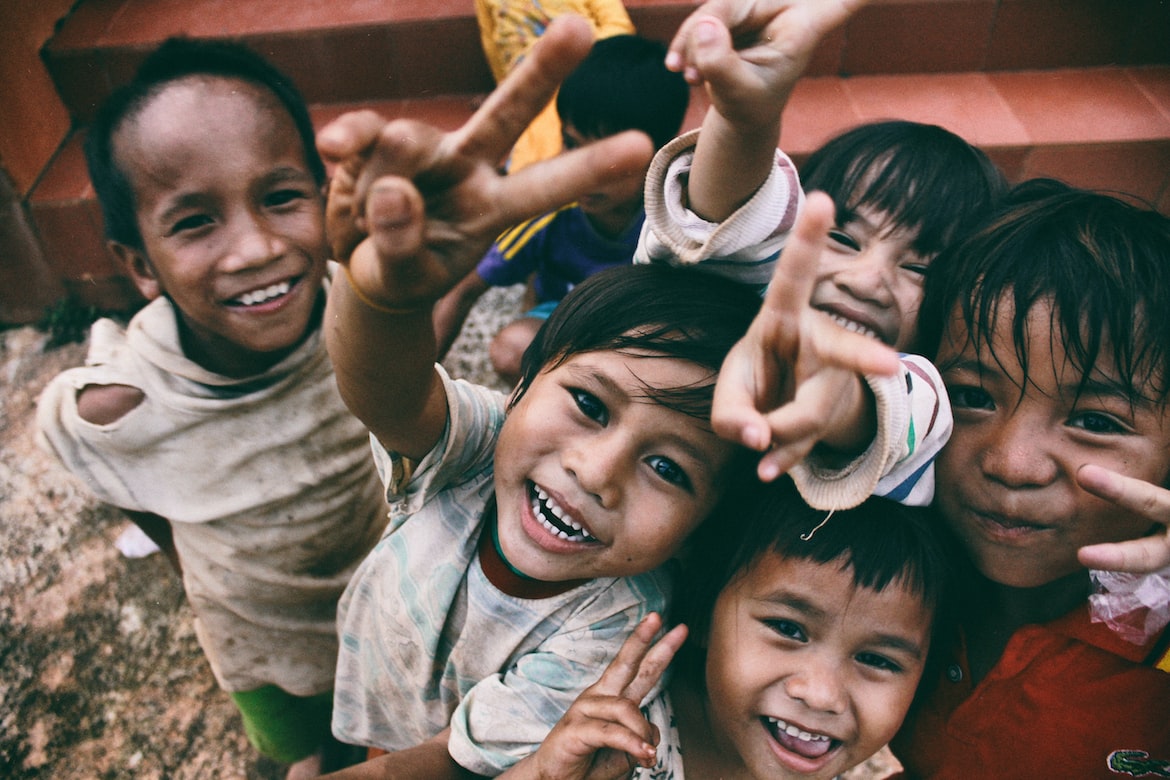
No one, anywhere in the world should ever go to bed hungry. Such a simple thing really, yet thousands of people go to bed hungry everyday. For the people in Andean villages this is a common and sad reality, particularly during covid, when there were national closures, no jobs, no access to proper nutrition, and the virus killing people in thousands.
These are some projects that we have initiated and will continue to do in future.
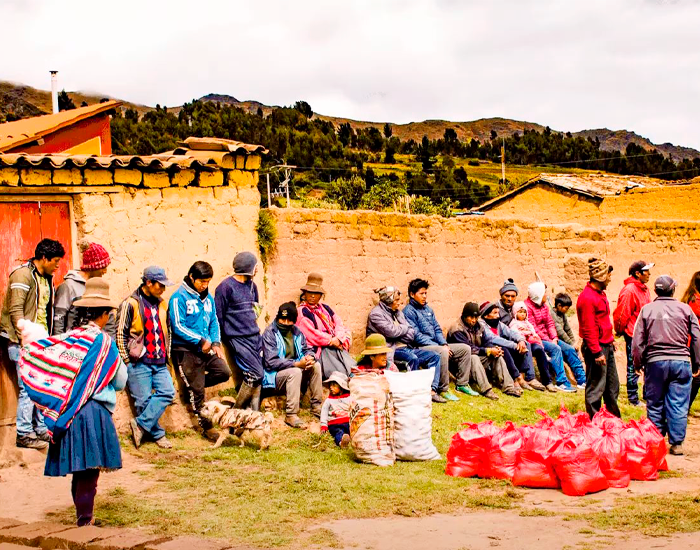

Our health education campaigns are closely linked to our nutrition and hygiene workshops. This is mainly because eating healthy food that´s prepared in a hygienic way leads to a healthy and productive society. Our health care initiates are mostly targeted at young ladies and women who have little or no access to reproductive health and family planning clinics. Simple hygiene practices can help avoid easy communicable diseases. Our aim is to also promote healthy living and improve quality of life for long term economic development.
Our projects include but not limited to.
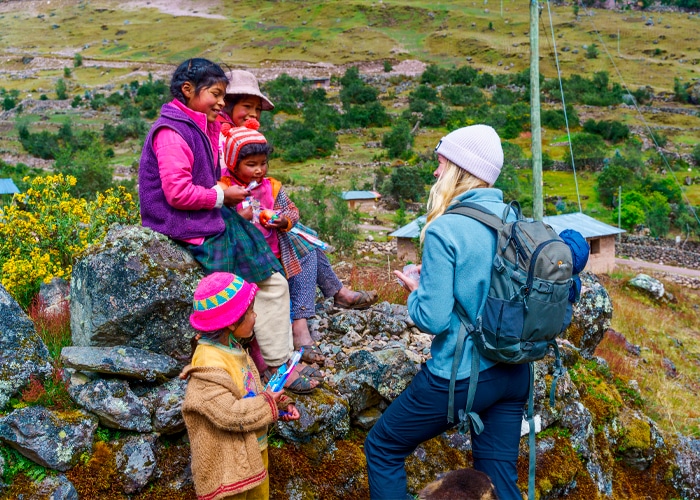
There are so many facets to gender equality. It is imperative to view it as a means to strengthen our communities and not an attack on the opposite gender. The corner stone of equity is economic participation, decision making, valuing and allowing space for what is typically referred to as “women behavior”, respecting and promoting aspirations and needs despite gender.
Gender equality is and should always be viewed as a human right. Sustainable community development starts with women empowerment. When women are afforded the same opportunities as men to grow economically and professionally, society becomes stronger and better for it and are subsequently lifted out of poverty. This is not a myth, you just have to look at the leading countries in women equality like Norway, Sweden, Australia, Canada, New Zealand, and Netherlands among others who, unsurprisingly also top the list of countries with the highest overall quality of life. Cultural norms and attitudes are the biggest reasons why gender inequalities are perpetuated. Eradicating values that have been entrenched in people´s minds pretty much since the beginning of time is a complex task and is no easy feat. At Orange Cares our approach is to simply tackle it at grass routes level, every small change makes a big difference.
Other women projects are linked to things like health and nutrition. We want to see our women getting employed, successfully occupying male dominated industries like tour guiding in Peru or alternatively starting and managing their own micro businesses.
Our mission is not to change cultures and traditions, but to build upon them and create a thriving society where every person is capable of being self-sustainable.
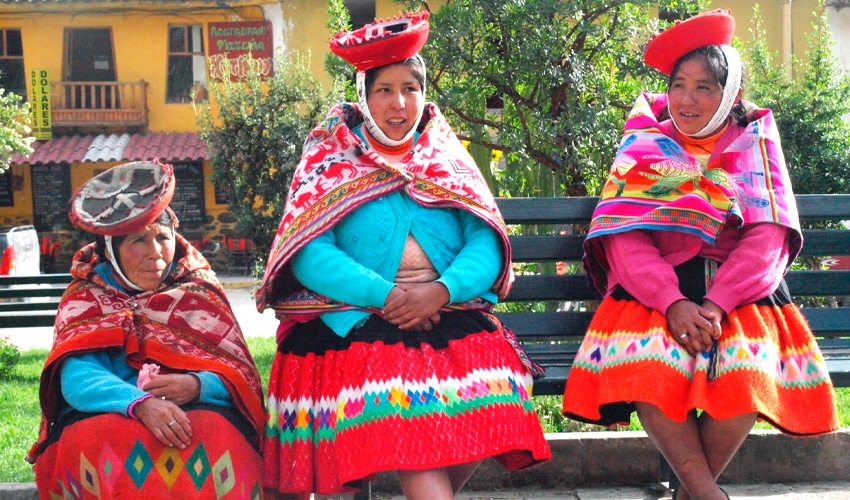
We can all agree that education is a fundamental right that helps us grow personally, professionally and socially. However for some, this not a right but a privilege only afforded to a few. Geographic isolation is the main culprit for lack of access to quality education. Other factors include gender inequality, cultural norms and poverty. There are also a number of ways to mitigate and close the education gap between more developed communities versus smaller and socio-economically challenged ones. First and foremost, investing into the communities with monitored spending, gives them a fighting chance to improve their conditions. We also encourage community participation so the community is engaged in its own transformation.
Our projects are targeted and all inclusive because everyone, men, women and children need to be given a chance to get a quality education.
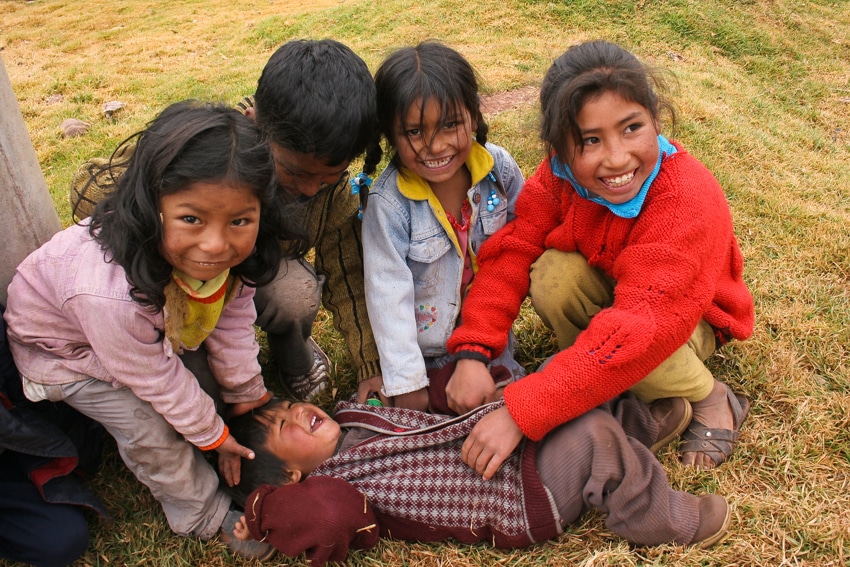

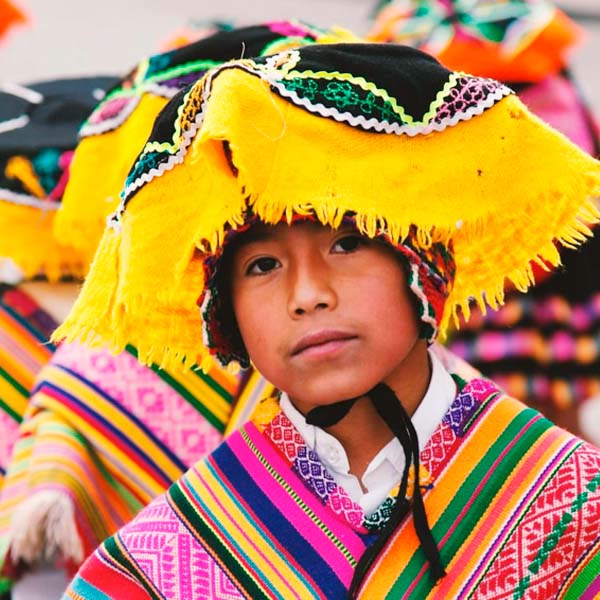
Our planet is a very precious commodity, its the one thing we all have in common and the only home we have. Peru houses various ecological regions and ecosystems and is subsequently rich in biodiversity. It has 28 of the 32 micro-climates in the world. Besides Machu Picchu, Peru’s tourism sector has been growing in leap and bounds because of its biodiversity. Most notable is its terrestrial and marine biodiversity, it also has the largest variety of birds, butterflies, fish and orchid species in the world. Thousands of visitors flock into Peru to hike through the stunning snow-brooded cordilleras (mountain ranges) with extraordinary turquoise or deep blue glacial lakes, challenging nature hikes with out of the world scenery. Others choose the coastal part, with its diverse marine life, warm beaches and mouth watering seafood in every corner. Another unique eco systems can be found in the coastal desert of Ica. This dry arid region is most famous for its the Nasca lines hieroglyphics drawn on the dessert, but there is something even more amazing, the trench puquios, which are another great example of the resilience and ingenuity of former Peruvian civilizations. Finally and most importantly is the Peruvian Amazon Jungle. The Peruvian jungle covers over 60% of the land area in Peru. It is the most biodiverse place on planet earth and regulates the earths climate. Environmental protection in Peru is so important and it is each and every person´s responsibility to contribute to its preservation.
Orange Cares cares about our planet and we believe every small change, can have a positive impact.
“We do not inherit the earth from our ancestors; we borrow it from our children.” – Native American proverb
We could not do any of this project, without the help from our partners! Be part of this great impact to change lives.